Can Stocks Be Tokenized? Debunking the Myths Around Tokenized Stocks
April 21, 2025

“Can stocks be tokenized?” It’s a question wrapped in buzzwords, tech jargon, and a fair bit of confusion. Some folks think it’s the future of investing, others assume it’s just another crypto fad. As usual, the truth sits somewhere in between. Let’s break it all down — and bust a few myths along the way.
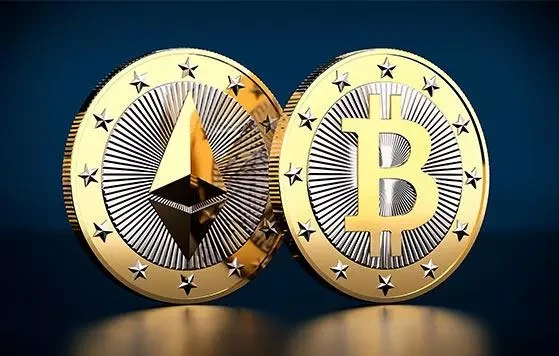
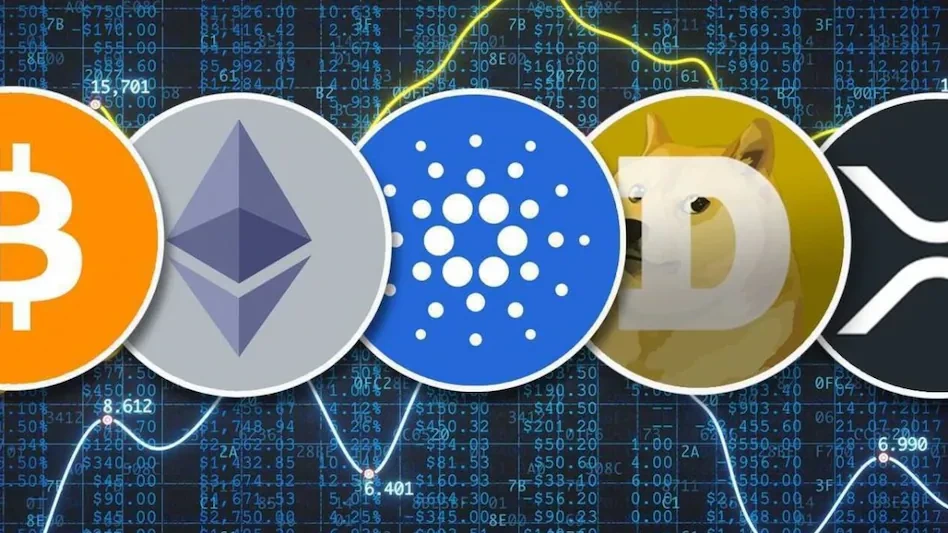
Myth #1: Tokenized Stocks Are Just Like Regular Stocks — But Digital
Not exactly. Tokenized stocks are digital representations of real-world shares, created and traded on blockchain networks. So yes, they’re “like” regular stocks in the sense that they reflect the price movements and offer some similar rights — but they’re not always identical in legal structure.
For example, when you buy a tokenized share of Tesla, you’re not necessarily listed as a shareholder in Tesla’s official records. Instead, a third party (often a financial institution) holds the actual stock and issues the tokens. So you’re trusting that intermediary to maintain that 1:1 peg — and that they’ll honor dividends, voting rights, and so on.
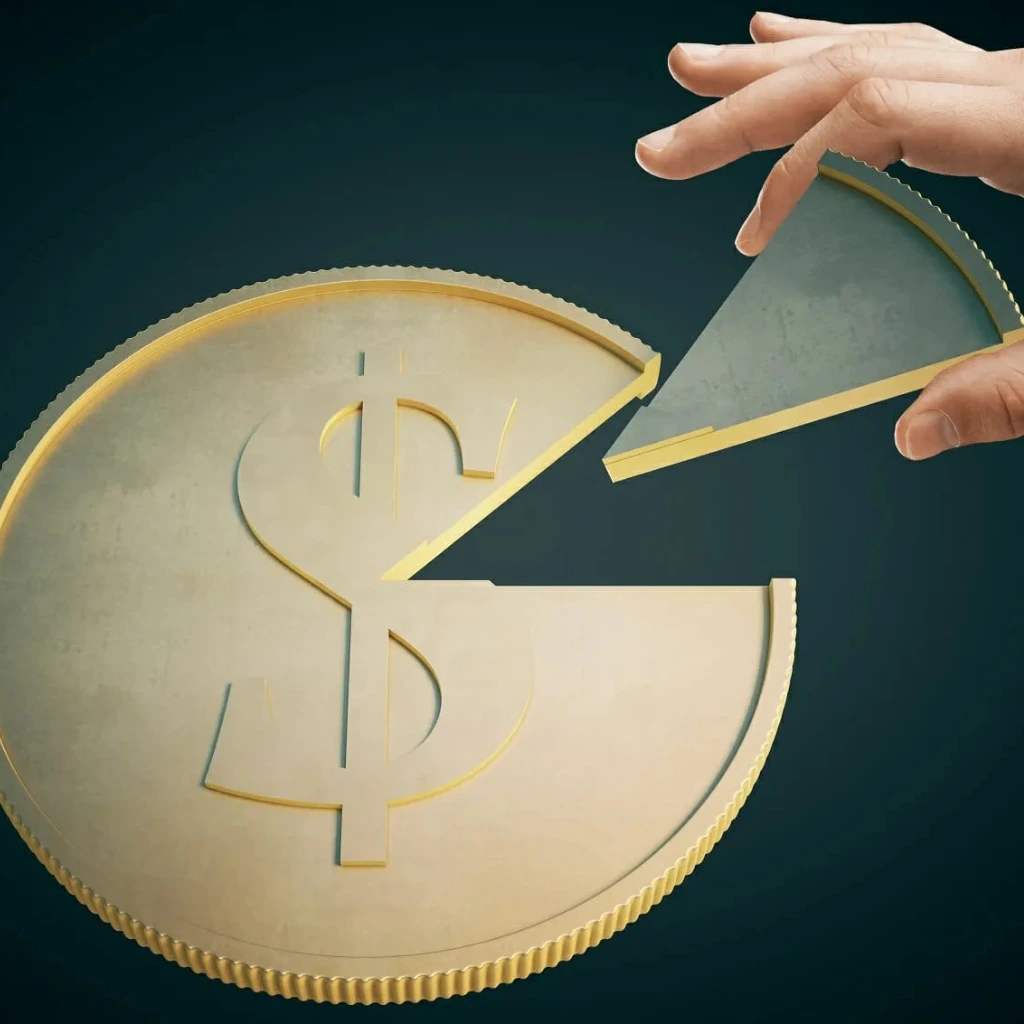
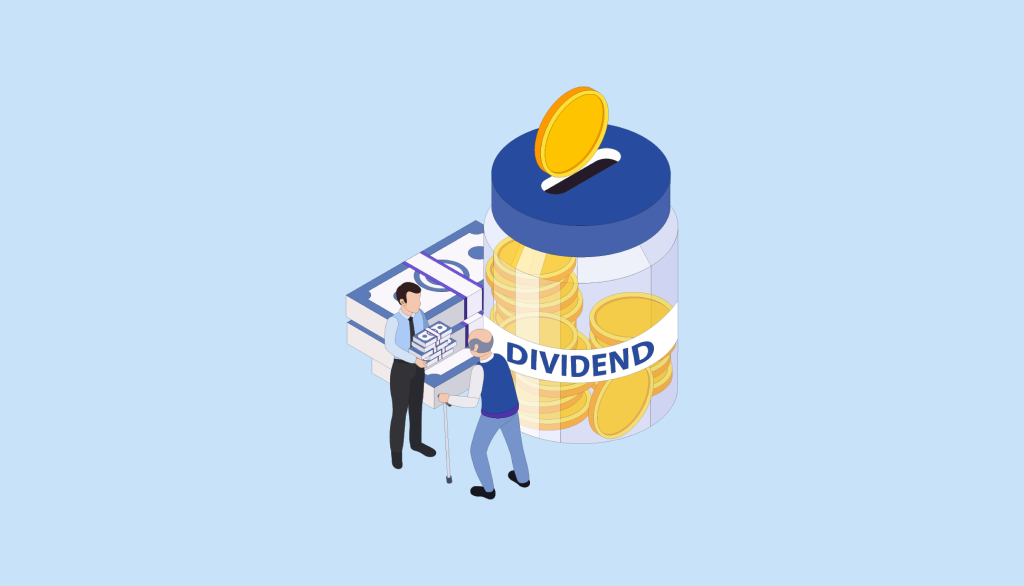
Myth #2: Tokenized Stocks Are Just for Crypto Bros
This one’s fading, but still worth addressing. While the crypto crowd may have pioneered tokenized assets, the potential audience is much broader. One of the most exciting promises of tokenized stocks is accessibility.
Traditional stock markets can be intimidating — with high minimum investments, limited trading hours, and clunky interfaces. Tokenized stocks let people invest with as little as $5, at any time of day. That opens doors for younger investors, people in emerging markets, or anyone tired of Wall Street’s gatekeeping.
It’s not just hype — it’s a genuinely more inclusive model. But only if the tech is built responsibly.
Myth #3: There’s No Real Infrastructure
Actually, there is — but it varies. Behind every tokenized stock is an issuing entity that holds the real stock in custody and creates a blockchain-based token that mirrors its value. These tokens are traded on digital platforms designed for security tokens, which often incorporate Know-Your-Customer (KYC) and Anti-Money Laundering (AML) protocols.

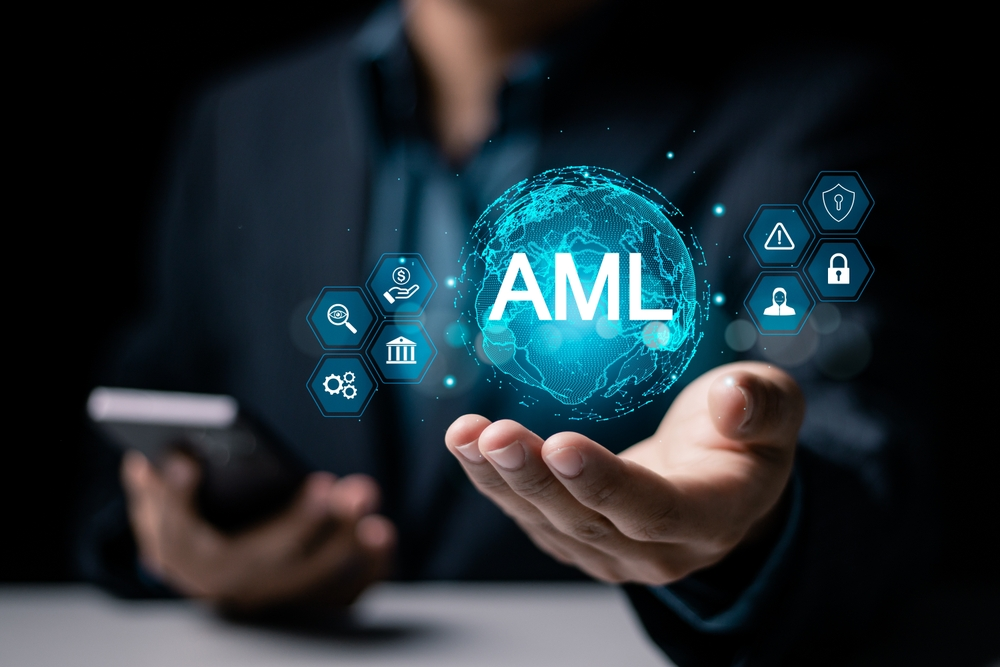
However, here’s where it gets tricky: regulatory frameworks are still evolving. Not every platform plays by the same rules. In some countries, tokenized stocks operate in a gray area. In others, they’re flat-out banned or heavily restricted. So yes, there’s infrastructure — but it’s not yet uniform, and in many cases, it’s still experimental.
Myth #4: Tokenized Stocks Are Risk-Free and Always Liquid
Nope — far from it. Like any emerging technology, tokenized stocks come with real risks. Let’s be blunt:
- Custody risk: What happens if the custodian holding the actual shares goes bankrupt? You might be holding a token with no value.
- Platform risk: Not all exchanges are trustworthy or well-capitalized.
- Liquidity issues: Sure, you can trade 24/7 — but will anyone be on the other side of that trade at 2 a.m.? Maybe, maybe not.
So while the benefits — like lower fees, faster settlement, and fractional ownership — are very real, they don’t come without potential downsides.
Myth #5: Tokenized Stocks Will Replace Traditional Stocks Overnight
This one’s wishful thinking. Tokenized stocks may complement traditional equities, but completely replacing the current system? That’s a tall order — at least for now.
Still, the momentum is real. Major financial players are exploring tokenization. Some have already launched pilot programs. And as regulators develop clearer guidelines, we could see tokenized stocks become a mainstream part of investment portfolios — especially in global or retail markets.
But it’ll take time. Regulation needs to catch up. Trust needs to be built. And infrastructure needs to scale.
Final Thoughts: Busting the Biggest Myth of All
So, can stocks be tokenized? Yes. Are tokenized stocks the silver bullet for everything wrong with modern investing? Nope. But they are a fascinating and potentially powerful tool — one that could open markets, lower costs, and change how people invest around the world.
The biggest myth? That you can safely ignore them. You don’t have to be an early adopter, but keeping your head in the sand isn’t wise either. Tokenized stocks are part of a broader movement to decentralize and digitize finance. Whether they fully take over or simply carve out a niche, they’re worth paying attention to.
And hey — in a few years, we might all be wondering why we ever needed a stock market that closed at 4 p.m.
Relevant Link : Here

